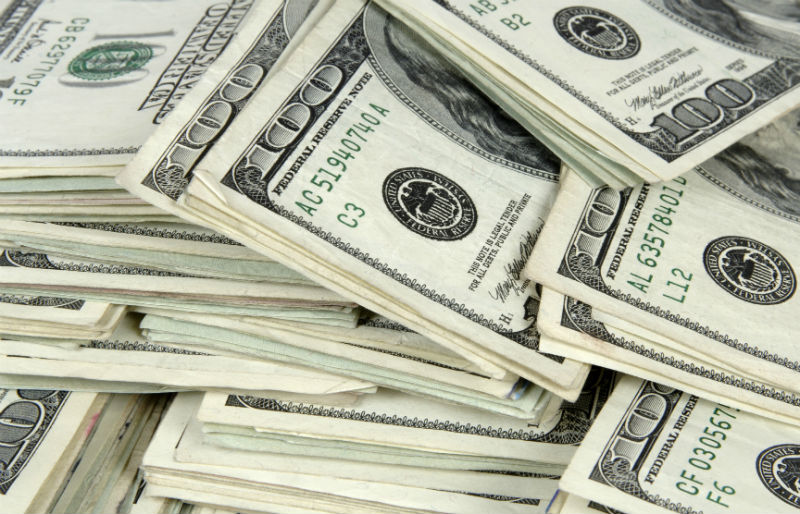August 27, 2015
The term “money laundering” derives from organized crime use of legitimate businesses, such as laundromats, to hide income from illegal activities. Laundromat income was used to mask cash-generating illegal activities such as gambling, drugs, weapons sales, or prostitution.
Money laundering includes a variety of methods practiced to obscure the origin of money obtained from illegal practices. The money launderer attempts to disguise illegal earnings, so-called dirty money, as legitimate income in order to evade criminal and legal prosecution. The net economic effect of money laundering is a negative one and, for that reason, government seeks to prevent it.
Money Laundering and Economic Productivity
Money laundering can significantly affect government policymakers from making an accurate determination about portions of the economy. Laundered money is recorded into a business ledger, for instance, and becomes part of the business’ tax record.
Since businesses ingesting money laundered funds do not report profits, policymakers are likely to make mistakes about consumer demand, interest rates, inflation, and even foreign exchange matters.
Economists explain that money laundered does not usually seek reinvestment opportunities. According to researchers, money laundering typically finds its way to luxury items such as expensive jewelry, cars, or real estate. These purchases limit the productivity potential of the money earned through illegal means. Laundered money does not often reinvest in financial assets and other profit-generating opportunities.
Loss of Reputation and Trust
Banks and insurance companies accused of money laundering are likely to experience capital outflows. Money laundering is a fraudulent activity, and it may seriously damage the business’ ability to thrive. Even if alleged information about money laundering is not true, the business is likely to lose relationships. Customers and investors are likely to transfer money to another banker or insurer they believe is more reliable.
Suspicious Activities and Money Laundering
Authorities are likely to suspect an individual or business of money laundering if deposit amounts dramatically increase or when complex inflows and outflows of funds occur. Cash deposits of more than $9,999 must be reported under The Currency and Foreign Transactions Reporting Act of 1970.
The depositor or investor is likely to be asked about the source of funds if the trend continues. When illegal funds are used to make theoretically legitimate deposits or investments, it is essential for the financial institution, bank, broker, or insurance company to get answers.
Money Laundering Defense
Money laundering is a serious crime. Prosecutors bear the burden of proof when charging an individual or organization with money laundering. Under federal law, the alleged criminal’s intentions to conceal ownership, source or control of money is key. A money laundering conviction is a serious crime. It is possible to face twenty years in prison and/or fines up to $500,000 or double the amount of money laundered (the greater amount).
Get the Best Defense Possible: Contact Khonsari Law Group
If you have concerns about money laundering, contact Khonsari Law Group now. As a former state prosecutor and member of the Florida Association of Criminal Defense Lawyers, we stand ready to evaluate potential or actual charges against you. Contact Khonsari Law group by phone at (727) 269-5300 or contact us online now.


